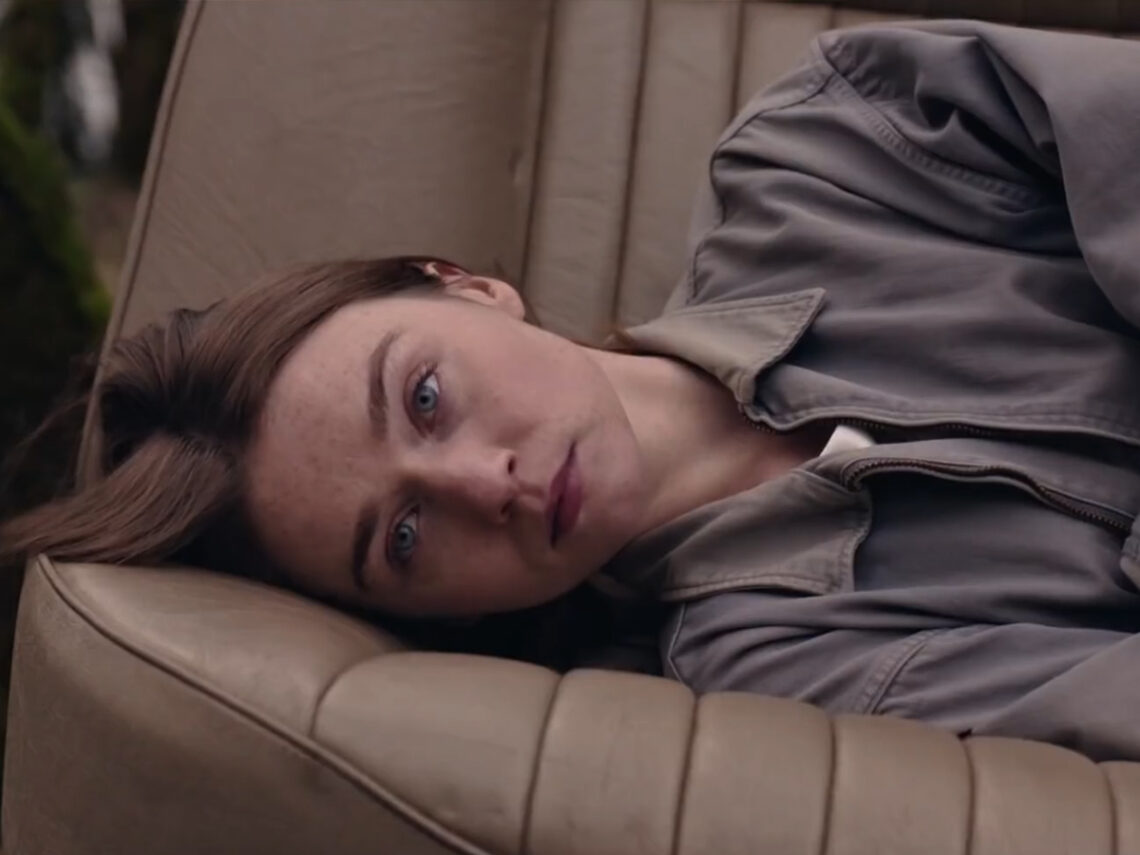
Why Alyssa from ‘The End of the F**ing World’ is still Netflix’s best Gen Z character
There is something about Alyssa from The End of the F**ing World that sticks with you long after the credits roll. She is not the most charming character to grace Netflix. In fact, she is often difficult, erratic, and sometimes plain cruel. But somehow, that makes her feel more real than most glossy Gen Z protagonists written to be ‘relatable’. While shows often try too hard to craft quirky teens that appeal to younger audiences, Alyssa is someone who never tries at all. She is who she is. Messed up, guarded, and ferociously honest.
When The End of the F**ing World first dropped on Netflix, Alyssa was not your typical teen heroine. She was angry. She was reckless. She ran away from home with a boy who wanted to murder her (a minor detail). But in all her chaos, she revealed something quietly revolutionary – a teenage girl with real rage and no desire to soften it for the sake of being likeable. In a generation hyper-aware of how they are perceived online, Alyssa felt refreshingly unfiltered.
Even now, years after The End of the F**ing World ended, there has not been another Gen Z character like her. Sure, there have been complex female leads and even darker teen dramas. But Alyssa captured that sharp, impulsive, wildly contradictory experience of being young in a way that feels less like acting and more like living. She did not represent what Gen Z is supposed to look like. She was the unspoken, uncurated mess beneath it.
So, what is it about Alyssa that still resonates in 2025? Why, among a sea of cool, curated Netflix teens, does she still stand out as the Gen Z icon worth revisiting?
Here’s why ‘Alyssa’ from ‘The End of the F**ing World’ is still Netflix’s best Gen Z character
Alyssa rarely says how she feels. When she does, it often comes out as sarcasm or cruelty. But her every action betrays her craving for connection. Whether it is the way she protects James or how she quietly breaks down after every major decision, Alyssa is proof that not everyone processes feelings with neat vulnerability. She makes you feel deep sympathy for someone who clearly does not know how to be loved.
Many characters are called “flawed” because they are clumsy or bad at texting back. Alyssa, on the other hand, makes genuinely bad choices. She lashes out. She runs from responsibility. She treats people poorly. But it is all rooted in trauma. Her flaws are not accessories; they are consequences. She is a rare depiction of a teenage girl who is not an aspirational mess. She’s just a real one.
Where most shows romanticise teenage rebellion, Alyssa’s anger feels earned. She has seen neglect, abuse, and abandonment, and her sharp tongue becomes armour. She is not angry for the sake of being edgy. She is angry because the world has failed her too many times. And in that anger, a whole generation of viewers found validation.
Alyssa’s bluntness is one of her defining traits. She says things most people would never admit out loud – about life, relationships, and herself. Sometimes she is brutally self-aware; other times she is completely delusional. But she never pretends. And that kind of honesty is more comforting than all the performative vulnerability you see in The End of the F**ing World.
Netflix has a pattern of making female leads endlessly witty and charming. Alyssa is neither. She is brash, erratic, and selfish – and yet viewers rooted for her. Not because she was perfect, but because she was trying to survive. In a media landscape that often pressures women to be palatable, Alyssa’s refusal to play nice is quietly revolutionary.
Alyssa grows across the series. She is learning to let people in, processing trauma, and choosing her own path, but she never becomes “soft” just to fit a conventional redemption arc. Even when she is trying to be better, she still swears, still makes bad decisions, and still bolts when things get too real. And that is exactly what makes her growth believable.
Her evolution in The End of the F**ing World mirrors how Gen Z sees growth, not as a makeover but as a messy, ongoing process of becoming more self-aware without changing your core identity. Alyssa never sheds her contradictions. She just starts owning them.
Gen Z gravitates toward characters who feel lived-in and layered. Alyssa is the girl who snaps at someone, then cries alone in a bathroom. She is the friend who ghosts you for weeks but shows up when it truly matters. She is a collection of contradictions, harsh yet tender, detached yet desperate for love, wild yet deeply thoughtful.
In short, she is someone you might know. Or maybe she is you, the version that never tried to hide the mess.